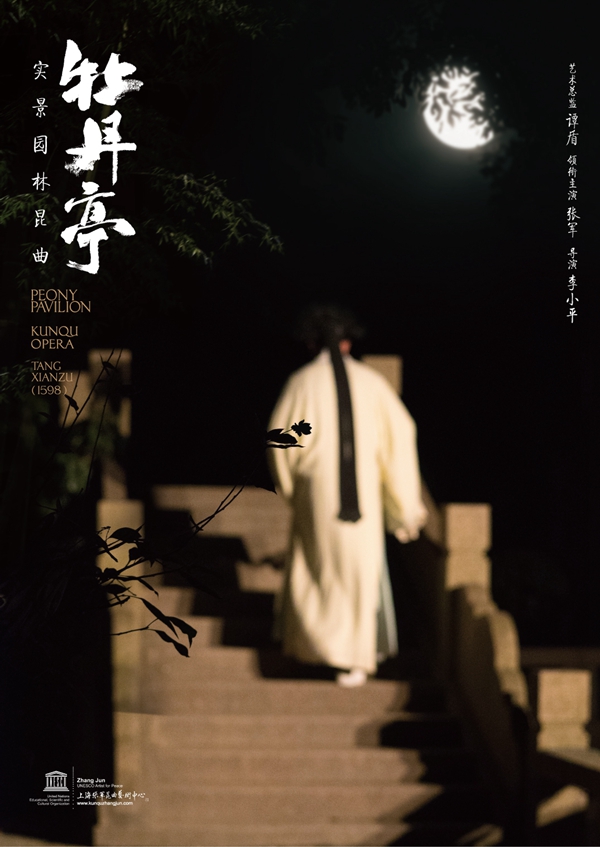
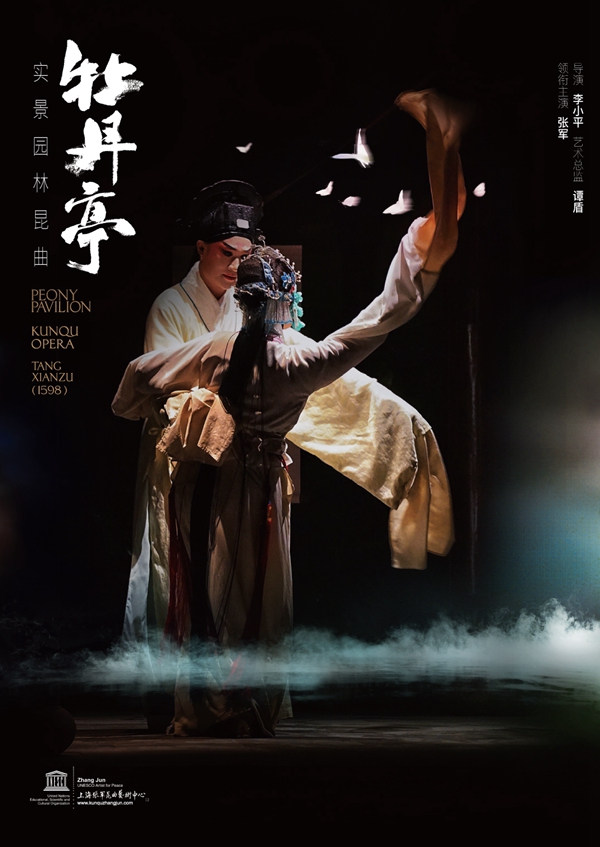
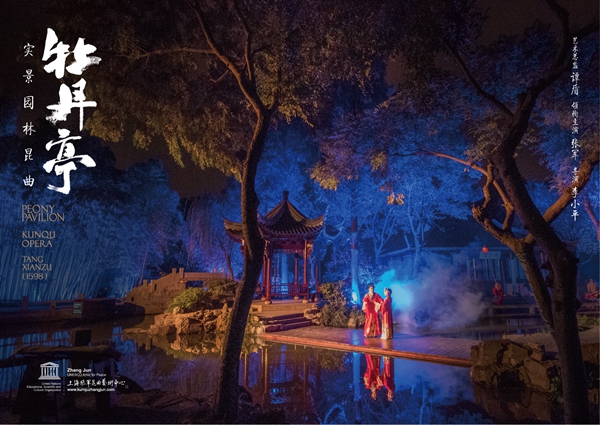
实景园林昆曲《牡丹亭》
艺术总监:谭 盾
Artistic Director Tan Dun
领衔主演:张 军
Starred by Zhang Jun
导 演:李小平
Director LEE Hsiao-Pin
演出介绍
每个人的三生三世里,都有一出牡丹亭。
红尘紫陌的宿世姻缘,深锁于尘封经年的百宝箱中。
六百年后,凭何为启?
申城外,暮光中,一朝游园,惊梦春回!
以青灯为引,松亭试泉。
闻天籁而知雅意。
聆者与伶者,于曲水流觞中,归于天地玄黄。
从此,镌刻一段戏文,缅怀那只属于自己的情愫:
牡丹亭上三生路,原是春闺梦里人。
《牡丹亭》
《牡丹亭》,与《西厢记》、《窦娥冤》、《长生殿》并称为中国四大古典戏剧。它描述了官宦之女与贫寒书生之间起死回生的爱情传奇。《牡丹亭》成于明代万历二十六年(1598),作者汤显祖出身书香门第,一生不肯依附权贵,终不为宵小,晚年辞官。这位仕途不顺的文学家,创作了“玉茗堂四梦”等伟大的戏剧作品。1616年,汤显祖与莎士比亚同年而逝。因才情与文学成就相当,他们被后世尊称为世界戏剧文坛的双子星座。
第一回目 惊梦
杜丽娘携丫环春香入后花园游赏,心驰春色,小憩于梦中与柳梦梅两相温存,醒来怅然若失。
第二回目 离魂
从此,杜丽娘相思成疾,竟至重病而亡。弥留之际嘱丫鬟春香将她葬于后花园梅树下,并埋画像于太湖石下。
第三回目 幽媾
三年后柳梦梅赴京应试,借宿梅花庵观中。他拾得杜丽娘画像,痴心一往,声声呼唤。杜丽娘闻声魂游后园,以幽魂之身荐枕于柳梦梅。
第四回目 回生
二人情到深处,感动天地,经石道姑协助,杜丽娘起死回生,终结为夫妻。
昆曲
昆曲,始于元末明初,起于苏昆之地。
六百余载的源远流长,使其成为中国乃至世界范围内,现存之最古老的戏曲形态。
昆曲为历代君王所喜爱,直接导致士大夫阶层对之推崇备至。
其生活情趣、艺术观念,与昆曲之文化品味,相辅相成。
昆曲的音乐属于联曲体结构,简称“曲牌体”。
每出戏由成套的曲牌构成,行腔以柔漫悠远见长。
与之相映衬的身段表演,则吸收和传承了古代民间及宫廷舞蹈之精髓,细腻抒情。
在曲笛的映衬下,昆曲“婉丽妩媚、一唱三叹”的唯美之感,被发挥到极致——
业界尊其为“百戏之祖”。
二十一世纪之初,联合国教科文组织,正式将其列为“人类口述和非物质遗产代表作”。
课植园
朱家角古镇之北,大淀湖之畔,有马氏庭园。
以“课读之余,不忘耕植”为名,民国元年(1912)始,经15年,耗银30万银,方建而成。
园主马文卿为造此园,游遍江南园林,凡每见一处胜景,必命人仿建之。
豫园的九曲桥、狮子林中的倒狮亭、藏书楼的城门垛等,皆在此处汇集。
另有碑廊,内嵌明清著名书画家碑刻15块。时为马氏聘请雕刻高手琢文徵明“游西山寺”十二首、祝枝山“梅花诗”、唐寅手札,字体苍劲有力,笔锋勾丝毕露,丝丝入扣,令人叹为观止,是极为珍贵的历史文物。
明清两代之成,江南氏族之韵,可谓皆集于马氏课植园之“集仿”中。
赏心乐事,更胜谁家园。
The Peony Pavilion
A young woman has a passionate dream about a mysterious stranger and she begins to develop a deep longing for this handsome lover. So begins the extraordinary love story, The Peony Pavilion.
The writer Tang Xianzu (1550-1616) lived during the same time as William Shakespeare (1564-1616), and given the strong theme of love, it is no surprise that Tang's The Peony Pavilion is often compared to Romeo and Juliet.
The story happened in the early years of the Southern Sung dynasty (1127-1279). A beautiful young lady named Du Liniang, daughter of the Governor of Nan’an, went into the garden with her maid. Watching the splendor of the spring at its peak, she was overcome with deep feelings. In a drowsy trance, she dreamt that she had a secret rendezvous with a young scholar under a plum tree by the side of the Peony Pavilion. Ever since returning from the garden, she was haunted by memories of her dream lover and, after seeking the dream in vain, fell ill and soon died of a broken heart. After her death, Du's spirit kept searching for the young scholar. Her persistence won over the Judge of the Netherworld and she was allowed to be reincarnated.
Three years later, a young scholar named Liu Mengmei stayed at the temple where Du was buried. He wandered in the garden and came across Du's portrait. The young lady in the portrait looked familiar and he could not help calling her. In response to his calling, the young lady came out of the picture. He fell in love with her even though he learnt that she was a ghost. On the following day, Liu dug up Du's grave and opened the coffin. Du came back to life and married Liu. The couple lived happily thereafter.
Kunqu Opera
In the history of Chinese Drama, one of the major milestones was the development of Kunqu Opera. Regarded as the “Mother of Chinese Operas,” Kunqu Opera is a 600-year-old theatre that uniquely blends poetic eloquence, musical refinement and dramatics and deeply influences all the other forms of Chinese drama. It is the first and foremost Chinese performing art and was proclaimed by UNESCO as one of the Masterpieces of the Oral and Intangible Heritage of Humanity in 2001 for its outstanding value.
The Kezhi Garden
Built in 1912 by Ma Wenqing, an official of Qing Dynasty, the Kezhi Garden took over 15 years and 14.4 tonnes worth of silver to complete. Fascinated by the delicacy and sophistication of ancient Chinese gardening, Ma toured almost all gardens in eastern China and integrated all eastern masterpiece designs and western décor elements into one of his own in the water town of Shanghai, Zhujiajiao. The 96-acre garden hosts more than 200 architectures and countless art pieces.
主 办:上海市青浦区朱家角镇人民政府
特别支持:上海市对外文化交流协会
出 品:上海淀山湖新城发展有限公司
上海张军昆曲艺术中心
上海听音寻路文化交流有限公司
演 出:上海张军昆曲艺术中心
运 营:上海琨韵文化艺术制作有限公司
特别支持:上海市对外文化交流协会
观众须知NOTICE FOR AUDENCE
1.请在指定购票渠道购票, 否则出现不良后果如假票等,由购票者自行承担。门票售出,恕不退换。
2.每票一人,对号入座, 进门一次有效,无副券作废。
3. 剧院演出1.2米以下儿童谢绝入场(儿童专场除外) , 1.2米以上儿童请在家长的带领下凭票入场。
4. 请勿在条码及其周围1厘米内涂写、折量损坏, 否则造成条码无法识别而不能入场, 由购票者自行承担。
5. 请自觉接受安全检查。严禁携带枪支、弹药、管制刀具等违禁物品;严禁携带打火机等易燃易物品;严禁携带液态物品入场。
6.请勿携带专业摄影、 摄像器材,未经许可 ,现场禁止录音、录像及照相;场内禁止吸烟、禁止踩踏座椅、 禁止投掷物品禁止越隔离设施。
7.迟到的观众请适时入场 ,请勿妨碍他人观看演出,请勿在通道内滞留。请勿在场内大声喧哗。请将手机等响闹装置于静音状态。
8.以上规定如与个别活动要求发生冲突时 ,以活动要求为准,。
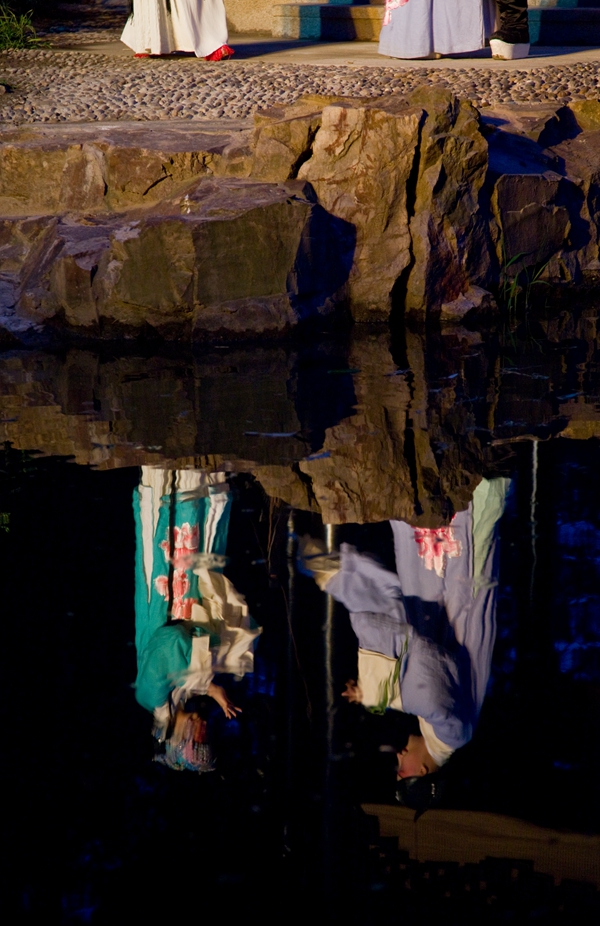
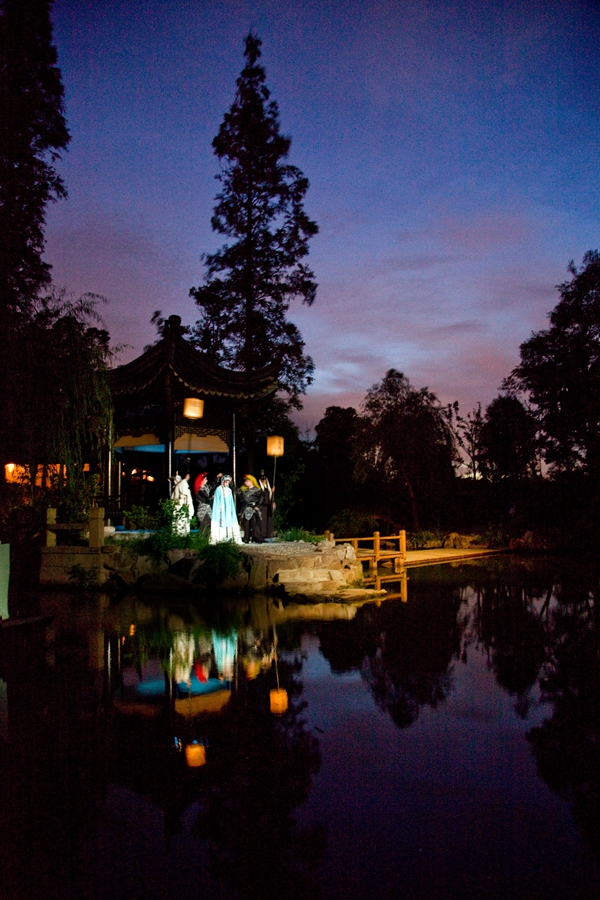
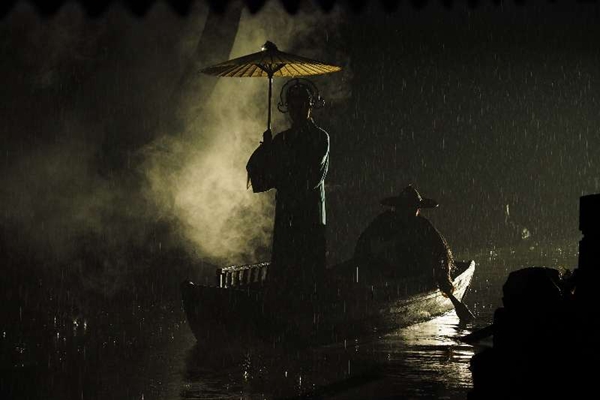
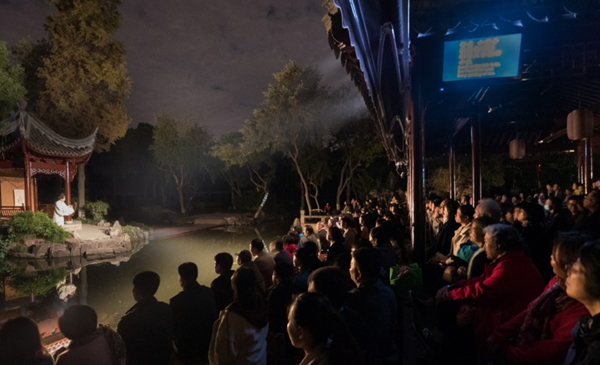
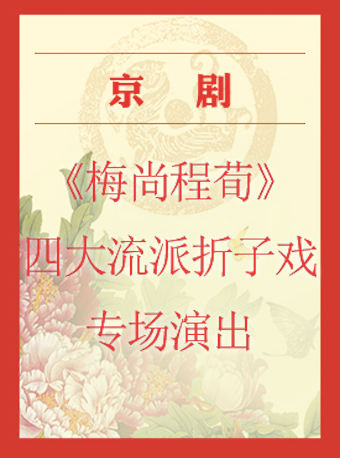
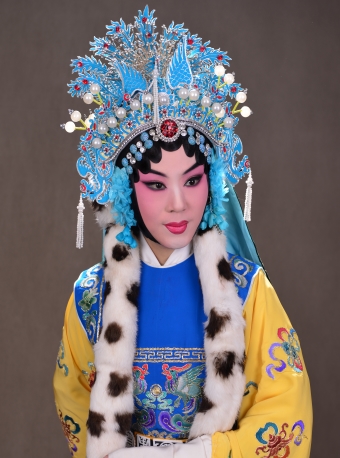
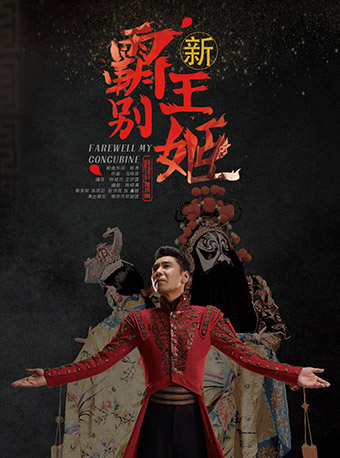
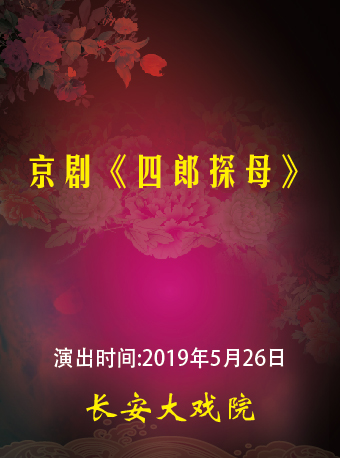
发表评论 取消回复